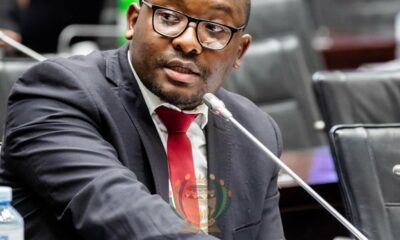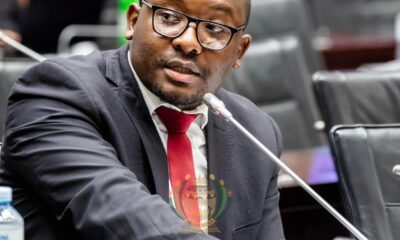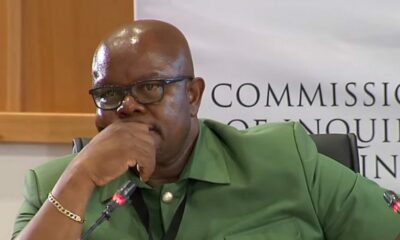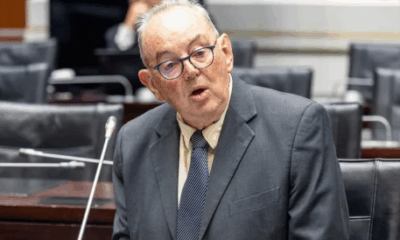News
Speaker Didiza Faces Pressure to Act on Mkhwanazi’s Explosive SAPS Allegations
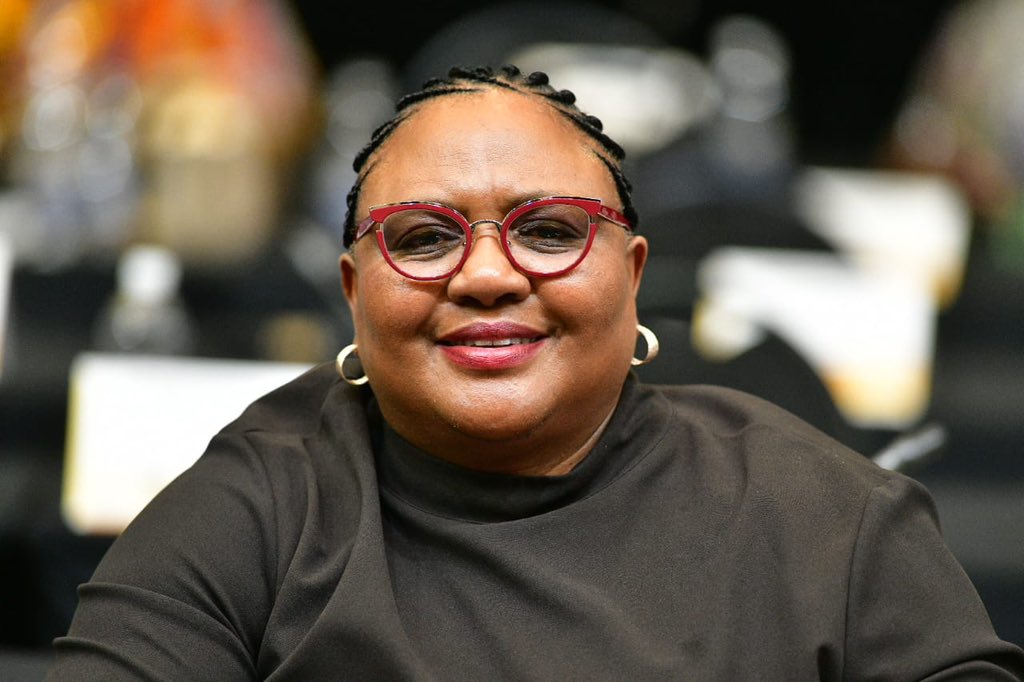
Call for urgent debate and inquiry as political interference claims rock law enforcement
The political temperature in South Africa is rising fast after KwaZulu-Natal’s top cop dropped a bombshell that has shaken faith in the nation’s law enforcement.
Lieutenant-General Nhlanhla Mkhwanazi, a respected and long-serving police commissioner, publicly accused top police leadership and political figures of interfering in sensitive SAPS investigations, particularly those tied to the country’s deadly wave of police killings.
Now, Speaker of the National Assembly Thoko Didiza is under mounting pressure to act.
Parliament in the hot seat
In a statement released this week, Parliament spokesperson Moloto Mothapo confirmed that Didiza is actively considering a slew of requests sparked by Mkhwanazi’s allegations. These include calls for an urgent snap debate, an investigation, and even a joint parliamentary inquiry into the corruption claims.
“We welcome the president’s commitment to addressing the matter after the BRICS summit,” said Mothapo, referencing President Cyril Ramaphosa’s return from Rio de Janeiro, where the BRICS climate finance declaration was adopted.
Meanwhile, Speaker Didiza is reviewing formal requests from at least two political parties and guidance sought by the chair of the Portfolio Committee on Police, which has direct oversight over the SAPS.
Opposition sounds the alarm
Leading the charge is the Democratic Alliance (DA), whose MPs have slammed the allegations as a sign that corruption has reached the very top of the police force and that Parliament can no longer sit idly by.
DA MP and committee chair Ian Cameron called the claims “harrowing” and “urgent,” demanding a full investigation into what he described as political and criminal interference in the police killings task team.
“The Speaker must allow Parliament to do its job, to ask the hard questions and hold the powerful accountable,” Cameron said.
DA deputy police spokesperson Lisa Schickerling went a step further, proposing a joint inquiry by the Portfolio Committees on Police and Justice, describing it as a practical alternative to a slower ad hoc committee process.
ActionSA joins the fray
ActionSA MP Dereleen James also wrote to Didiza, backing the DA’s call for urgent debate, but widened the lens to focus on systemic failures in South Africa’s criminal justice system.
James said Mkhwanazi’s comments made it clear the “situation has reached breaking point” and Parliament cannot allow the issue to be buried or handled internally by ministries already implicated in the scandal.
“The president and Police Minister cannot continue presiding over the deepening of this crisis,” James added.
What Mkhwanazi actually said
While the full details remain under wraps, Mkhwanazi’s press briefing last week stunned observers, especially his claim that cases involving politically connected individuals were deliberately dropped under pressure from SAPS top brass and unnamed political figures.
He made specific reference to Vusimuzi “Cat” Matlala, a controversial tenderpreneur recently caught with a cellphone inside prison, and suggested political interference had affected investigations tied to him.
This added fuel to existing calls for an overhaul of the SAPS leadership, with civil society, opposition parties, and oversight bodies now pressing for greater transparency and accountability in how law enforcement handles politically sensitive cases.
Judicial commission or parliamentary probe?
As public trust in law enforcement continues to erode, the big question remains: who investigates the investigators?
Some voices are calling for a full judicial commission of inquiry, while others prefer a Public Protector probe. But the DA and ActionSA argue that Parliament must now step into the void left by compromised institutions, using its powers to hold public hearings and force disclosures under oath.
As Speaker Didiza mulls her decision, South Africans from legal watchdogs to ordinary citizens are watching closely.
Didiza has not yet made a final decision, but the calls for action are clear and growing louder.
In a nation already grappling with violent crime, load shedding, and a faltering economy, allegations of political shielding of criminal activity within the police service strike a dangerous chord.
Whatever path Parliament chooses, it will need to restore trust not only in the criminal justice system, but also in its own ability to lead when democracy is under threat.
Sandile Swana: Back Nhlanhla Mkhwanazi or Risk Losing SA to Criminal Mafia
{Source: IOL}
Follow Joburg ETC on Facebook, Twitter , TikTok and Instagram
For more News in Johannesburg, visit joburgetc.com

